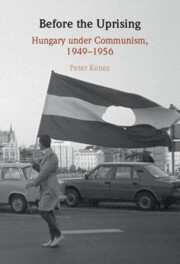This article proposes a comparison of the attitudes of the first and second presidents of Turkmenistan to discuss possible overlap between personality cult, as it has been initiated and developed by the two presidents after independence, and nation-building narratives in the country. Nation-building in post-Soviet spaces has been studied comprehensively, but this paper is distinguished by two interpretative frameworks. First, this article is possibly the first comparison of personality cult as it has been constructed by the two Turkmen presidents since 1991. Second, it looks at some specific aspects of the personality cult as possible markers of a Turkmen national identity that becomes, by force of this, de-ethnicized. We suggest that a number of idiosyncratic aspects of the personality cult in Turkmenistan contribute to construct an official nation-building narrative so concentrated on the figure of the president as to minimize the ethnic features of nation-building measures that scholars have noticed in a wide range of cases in the post-socialist region.


